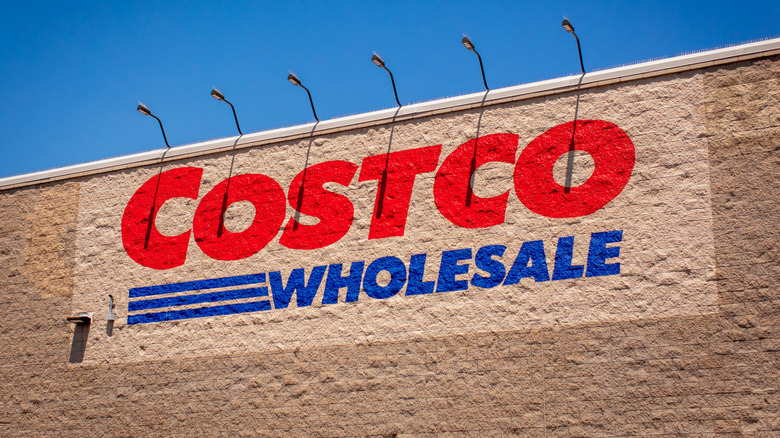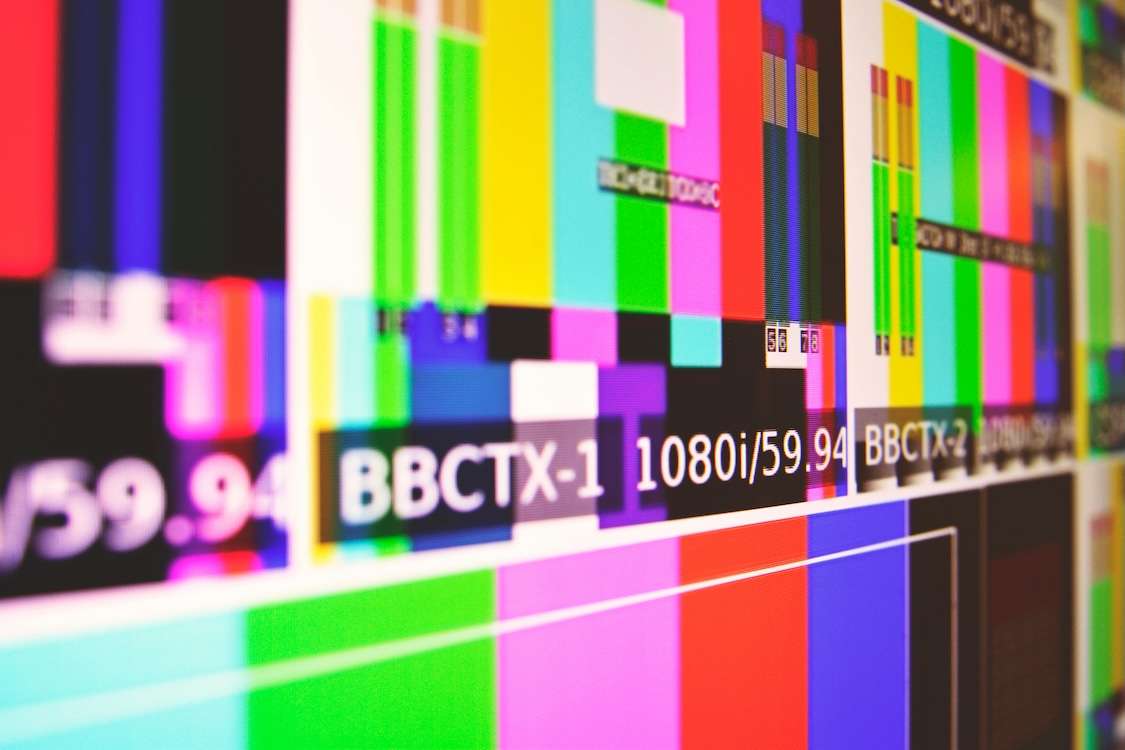When it’s time to move, one of the biggest financial decisions you’ll face is whether to rent or buy your […] The post Is It Better to Rent or Buy a House? appeared first on Cento Moving.
When it’s time to move, one of the biggest financial decisions you’ll face is whether to rent or buy your next home. Both options have their pros and cons, and the right choice depends on your lifestyle, budget, and long-term goals. Before calling the movers or signing a mortgage, let’s take a closer look at what makes sense for your situation.
Understanding the Difference Between Renting and Buying
Renting gives you flexibility and freedom from major maintenance responsibilities, while buying allows you to build equity and create long-term stability. Each option has unique advantages that can affect your finances and lifestyle for years to come.
Renting: Flexibility First
If you’re not ready to settle down or anticipate moving within a few years, renting might be the smarter choice. It allows you to:
- Test out a neighborhood before committing
- Avoid property taxes, HOA fees, and large repair costs
- Save time and stress during a move, since landlords typically handle maintenance and upkeep
For people who move frequently for work or school, renting also simplifies the process. And with professional moving help and organized packing, especially for heavy items like books or small furniture, you can transition easily between homes without worrying about resale value or repairs.
Buying: Investing in Stability
Buying a home is a long-term commitment, but it’s also an investment. Over time, you can build equity as property values increase and loan balances decrease. Homeownership allows for customization, potential tax benefits, and a sense of permanence. However, homeowners should be prepared for the responsibilities that come with it. From replacing roofs to maintaining landscaping, these costs can add up, and unlike renters, you can’t just call a landlord for repairs.
 Factors to Consider Before You Decide
Factors to Consider Before You Decide
The right choice depends on several personal and financial factors.
Your Financial Situation
Start by evaluating your savings, debt, and credit score. Buying a house typically requires a down payment (anywhere from 3% to 20% of the home’s price), closing costs, and ongoing maintenance expenses. If you don’t have a strong emergency fund or if your job situation is uncertain, renting could provide breathing room while you save for a stronger financial foundation.
Your Long-Term Plans
How long do you plan to stay in the area? Generally, buying makes more sense if you plan to live in your home for at least five years. That timeline allows you to recover upfront costs and start building equity. If you’re unsure where your career or family might take you, renting gives you more mobility and less financial pressure.
The Housing Market
Mortgage rates, local home prices, and rental costs fluctuate constantly. In some areas, monthly rent might actually exceed what a mortgage payment would be. In others, housing prices can make buying unrealistic. Comparing costs over a five- to ten-year period can provide a clearer picture of what’s best financially.
Lifestyle Preferences
Owning a home often means more space and privacy, but also more chores and upkeep. Renters can enjoy amenities like pools or gyms without worrying about maintenance. Homeowners, on the other hand, have freedom to personalize their space and enjoy stability for their families.
How Moving and Storage Play a Role in Your Decision
Whether you rent or buy, moving logistics are an important part of the equation. A smooth transition starts with preparation, organization, and knowing your storage options.
 Packing Smart for Your Move
Packing Smart for Your Move
Packing efficiently saves time, stress, and money. Start early, label boxes by room, and keep essentials separate for the first few days in your new home. For heavier items like books, tools, or dishes, use smaller boxes to prevent injuries and box tears. Evenly distributing weight helps protect both your belongings and the movers handling them. If you’re relocating across town or to a new state, professional residential movers can help pack, load, and transport your items safely so you can focus on the excitement of your new chapter.
Using Storage Options to Bridge the Gap
Sometimes, the timing of a move doesn’t line up perfectly. Your lease might end before your new home is ready, or you might be downsizing temporarily. In these cases, short-term or long-term storage units can be a lifesaver. Climate-controlled storage protects items like electronics, books, and furniture from humidity and heat, while drive-up units offer convenient access for frequent visits. This flexibility is especially helpful for renters in transition or new homeowners renovating before moving in.
Is It Better to Rent or Buy a House in the Long Run?
There’s no one-size-fits-all answer. Renting might suit those who want flexibility, fewer responsibilities, or time to save. Buying might be ideal if you’re ready to settle down, invest, and personalize your space. For many people, renting first and then buying later provides the best of both worlds, allowing time to explore neighborhoods, plan financially, and make a confident decision when the time is right. Whether you’re moving into a rental or closing on your first home, staying organized and planning ahead makes all the difference.
When you’re ready for your next move, Cento Moving can help make it seamless. From professional packing to secure storage solutions, our residential moving services ensure your belongings are handled with care every step of the way. Contact Cento Moving today to start planning your move with confidence.
The post Is It Better to Rent or Buy a House? appeared first on Cento Moving.





.png)


